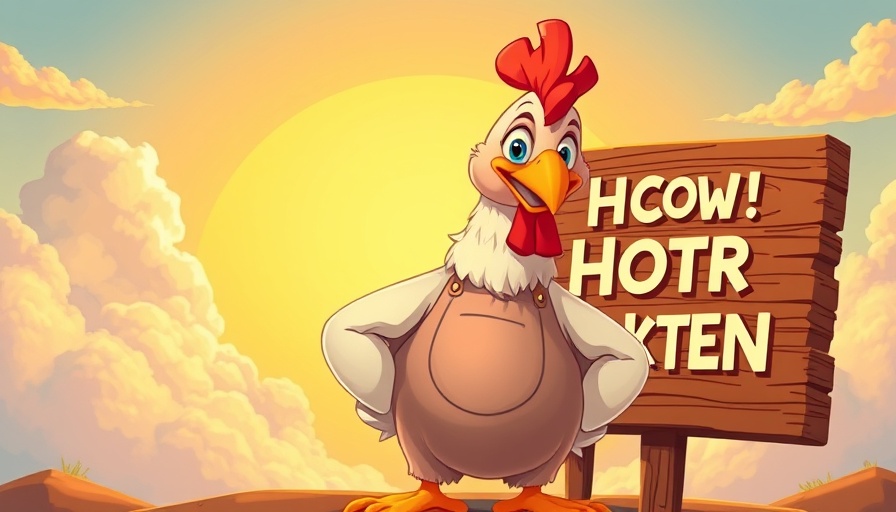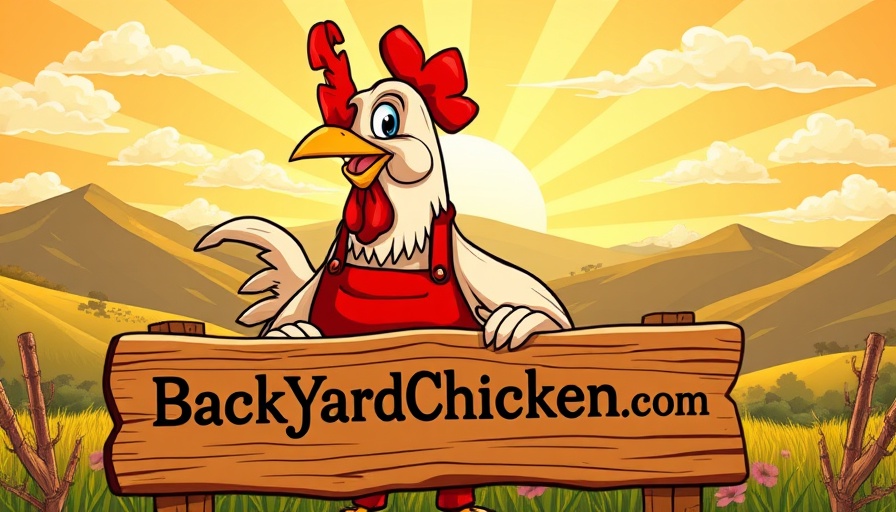Understanding the Dangers of Rat Poison in Your Environment
While it may seem like a straightforward solution to pest control, the use of rat poison poses significant dangers, particularly for bird owners and those living in proximity to avian populations. Rodenticides, commonly employed to combat rodent infestations, can be harmful not just to rats but also to other wildlife, pets, and birds. Exposure to these poisons can lead to severe health issues and even fatalities in non-target species.
Health Risks for Birds and Pets
The primary active ingredients in many rat poisons, including anticoagulants like brodifacoum and bromadiolone, can disrupt the blood clotting process in animals that ingest them. This can have catastrophic consequences for birds, who may not only consume the poison directly but also face secondary poisoning by ingesting infected rodents. Even minimal exposure can lead to internal bleeding and death, posing a grave risk to avian health.
Alternatives to Rat Poison
Fortunately, there are safer alternatives to manage rodent populations without endangering birds and other wildlife. Integrated pest management (IPM) practices, such as enhancing sanitation, utilizing traps, and employing natural predators like cats or raptors, can effectively reduce rodent numbers. These methods are not only environmentally friendly but also protect the ecosystem by preserving non-target species.
Reporting and Handling Accidental Exposure
If you suspect that a bird has been exposed to rat poison, it’s crucial to contact an avian veterinarian immediately. Early intervention can drastically improve survival rates. Additionally, reporting the usage of dangerous rodenticides in your area can assist in raising awareness and potentially lead to stricter regulations on their use.
Conclusion
Awareness of the dangers presented by rat poisons is essential for the protection of our feathered friends and the broader environment. By choosing safer methods of pest control, we can create a healthier ecosystem. For those involved in avian care, staying informed and proactive is the best strategy for ensuring the safety and well-being of birds.
07.28.2025
Manual Egg Turners: The Key To Successful Hatchling Development
Update Understanding Manual Egg Turners: A Key to Successful HatchingEgg incubation is a delicate process, and proper positioning of eggs is crucial for optimal development. Manual egg turners are a common tool among avian enthusiasts, offering a hands-on approach to egg management. This method allows breeders to manually turn the eggs at designated intervals, replicating the natural rotation that a mother hen would perform. Understanding how we utilize these turners not only enhances the hatching process but also ensures the health of the embryos within.The Science Behind Egg TurningTurning eggs during incubation is essential as it helps to prevent the embryo from sticking to the shell membrane. When using manual turners, it is recommended to turn eggs at least three to five times a day. This mimics the natural behavior of birds, enhancing heat distribution and ensuring that the developing chick remains centered within the egg.The Benefits of Manual Turners for Chick HatchingManual turners can help aviculturists maintain direct control over their incubation practices. By allowing for interactive management, these turners can be a more engaging and informative approach compared to automatic models. Additionally, breeders can observe the eggs closely, checking for any signs of infertility or developmental issues.Challenges and ConsiderationsWhile manual turning offers clear advantages, it is not without its challenges. Consistency is key; forgetting to turn the eggs can lead to poor hatch rates. Breeders must also consider their commitment—manual turning demands attention and can be demanding for those balancing other responsibilities.Conclusion: Making Informed Decisions for Healthier HatchlingsIncorporating manual egg turners into your incubation process can lead to more successful hatches. By understanding their operation and potential challenges, breeders can make informed decisions that align with their goals. Experimenting with various turning schedules may also yield optimal results, showcasing the uniqueness of each breeding operation. Therefore, reflecting on the mechanics of manual turners can significantly impact your future hatching successes.
07.28.2025
Navigating the Challenges of Integrating a Single Duck into Your Flock
Update The Nuances of Integrating a Single Duck
Integrating a solitary duck into an existing flock can bring about challenges that require careful consideration and strategy. The process is akin to introducing any individual animal into a social group; it necessitates understanding their complex social behaviors. Ducks, being social creatures, usually thrive in groups, but introducing one to a pre-established flock can provoke territorial disputes and stress. Preparing the Flock for Integration
Before introducing the new duck, certain steps should be followed to ensure a smoother transition. Gradual introductions can mitigate stress for all parties involved. Start by allowing the duck to observe the flock from a safe distance, such as through a fence or a divided area. This way, they can acclimate without direct confrontation. Monitoring Behavior Post-Introduction
Once the integration begins, closely monitor how both the new and existing ducks interact. Signs of aggression, such as biting or excessive chasing, may indicate that immediate separation is necessary. It’s crucial to have a separate area where the new duck can retreat if feeling overwhelmed. Behavioral observations can provide insight into how integration is progressing, helping you identify potential issues early. Conclusions and Best Practices
Integrating a single duck requires patience and understanding of avian social dynamics. Providing adequate space, monitoring interactions, and being prepared to separate the duck if needed can create a harmonious flock environment. Successful integration improves not only the well-being of the individual duck but also enhances the overall social structure within the flock.
07.27.2025
How to Calculate the Right Amount of Construction Sand For a 13×16 Coop
Update Calculating the Right Amount of Construction Sand for Your Chicken Coop
Building a chicken coop not only requires proper design but also careful consideration of the materials used, particularly flooring. For those constructing a 13×16 coop, one common flooring choice is construction sand, appreciated for its drainage capabilities and ease of cleaning. Knowing how much sand to purchase can save you time and money. Estimating Your Sand Needs
The first step in calculating the amount of sand needed is to determine the volume of the coop's flooring area. Since your coop measures 13 feet by 16 feet, the total area equals 208 square feet. The depth of the sand layer is typically about 2-4 inches. For this calculation, we will use 3 inches, which is a standard depth for effective drainage, allowing for waste management and comfort for the chickens. Volume Calculation
To find the volume of sand required, the formula you will use is Volume = Area × Depth. In this case, convert the depth from inches to feet (3 inches = 0.25 feet). Thus, the volume of sand needed is: Volume = 208 sq. ft. × 0.25 ft. = 52 cubic feet It's important to note that construction sand is usually sold by the cubic yard. There are 27 cubic feet in one cubic yard, so to convert cubic feet to cubic yards, divide by 27: 52 cubic feet ÷ 27 = 1.93 cubic yards Therefore, you would need approximately 2 cubic yards of construction sand for your coop, accounting for settling and potential compaction over time. Considerations for Choosing Sand
Selecting the right type of sand is equally crucial. Construction sand should be free of contaminants and have a size that provides good drainage. Avoid any sand that could cause respiratory issues for chickens. Consulting local suppliers about the best options may provide additional insights. Final Thoughts
Properly calculating and selecting the right amount of construction sand can significantly enhance the health and comfort of your chickens. As you create your coop, remember to ensure adequate ventilation and consider how the flooring can contribute to a clean environment.

 Add Row
Add Row  Add
Add 




Write A Comment